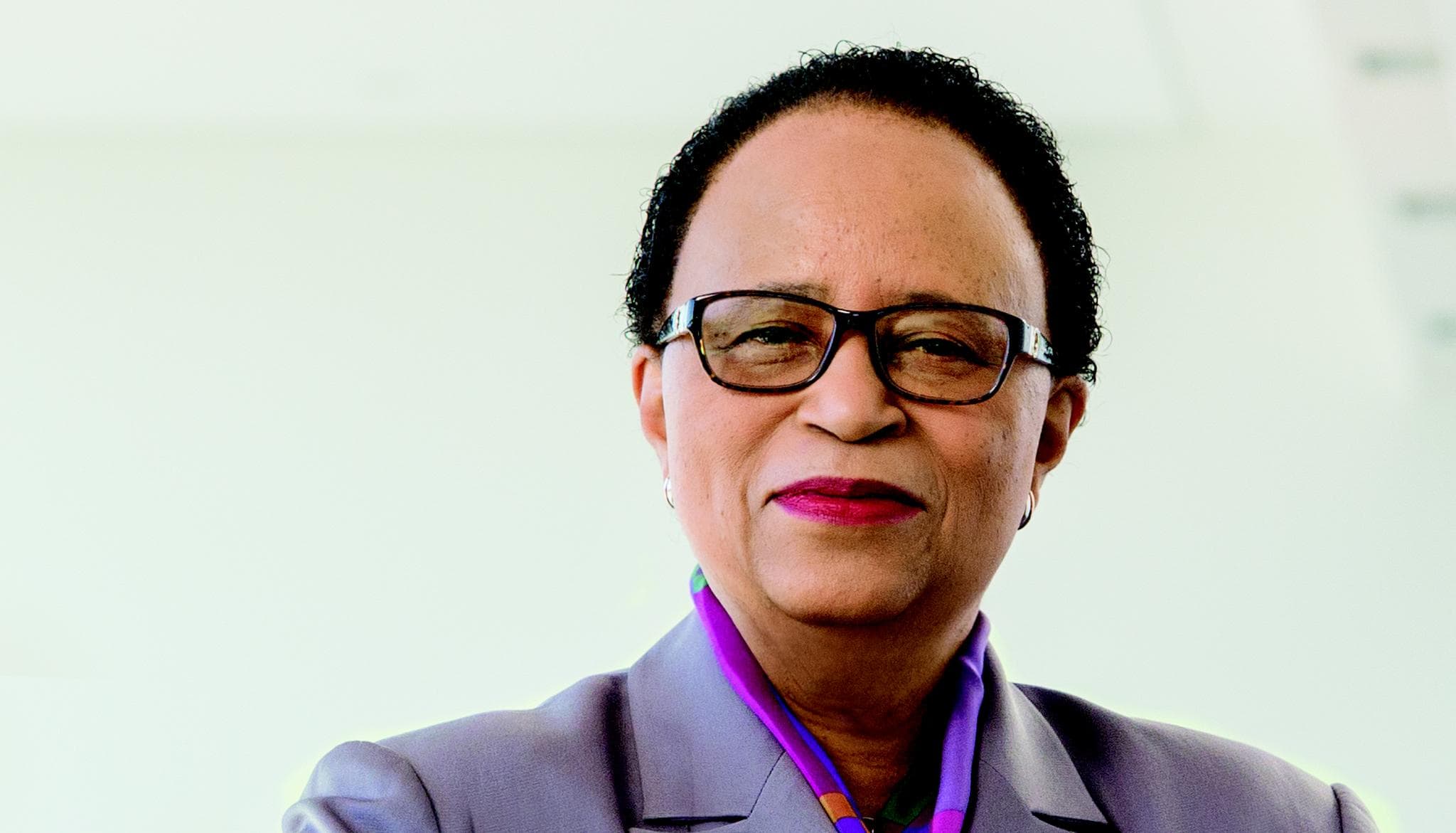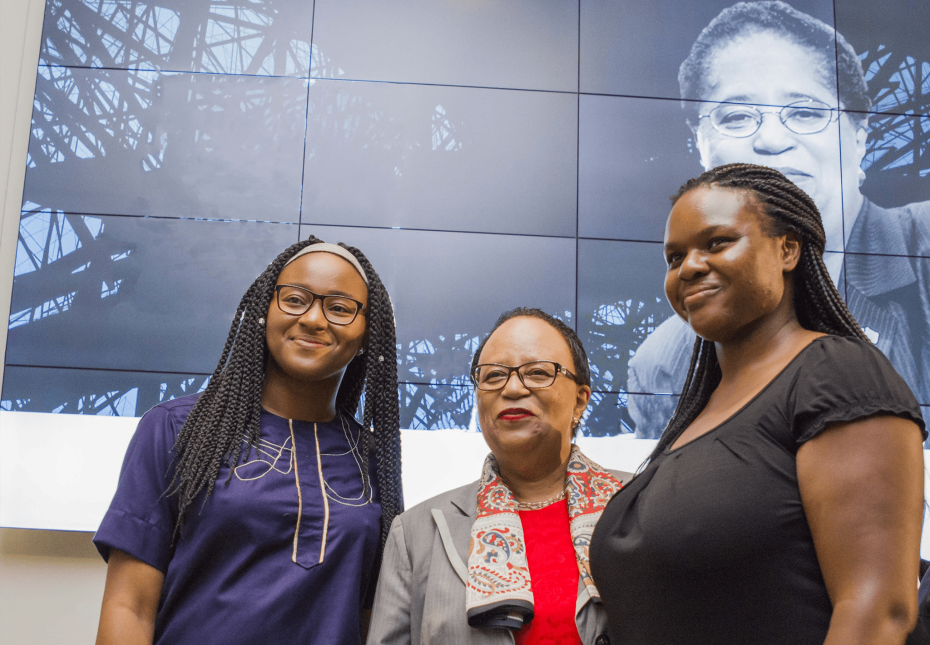There’s a “quiet crisis” brewing in the United States, as the country struggles to attract, educate, and retain talented individuals in STEM fields on pace with other nations. And according to Dr. Shirley Ann Jackson, one way to work toward solving that problem is to encourage more collaboration among scientists and innovators.
Jackson, a recipient of the National Medal of Science and president of Rensselaer Polytechnic Institute, is the next Laureate to be featured in the National Science and Technology Medals Foundation’s “An Evening With” speaker series. A scientist, policy guru, and innovator herself, Jackson says engaging in conversations with future generations of scientists and researchers and encouraging them to work together is crucial to continue building on the discoveries that propel the nation’s economy.
There is a constant concern about not attracting and educating enough of our own young people in STEM, which over time has become a quiet crisis, she explains. The crisis is quiet, she says, because the problem has taken time to develop, and society at large might not entirely comprehend what’s happening. Not only is the country struggling to awaken a passion for science among younger generations – as shown by American students’ middle-of-the-pack results on international science and math exams and stagnating interest in pursuing STEM careers – but the federal government has also failed to maintain financial support for scientific research and development.
And the issue is becoming a full-fledged crisis because scientific discovery and technological innovation play such a large role in overcoming both economic and social challenges, she says. Being able to connect with others in the scientific community is crucial to making progress in a country’s economy and society.




